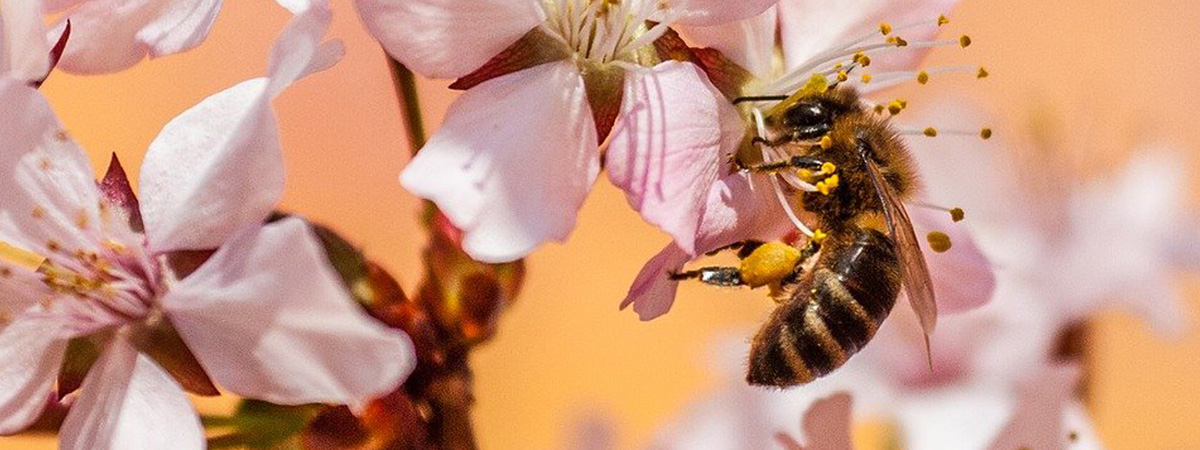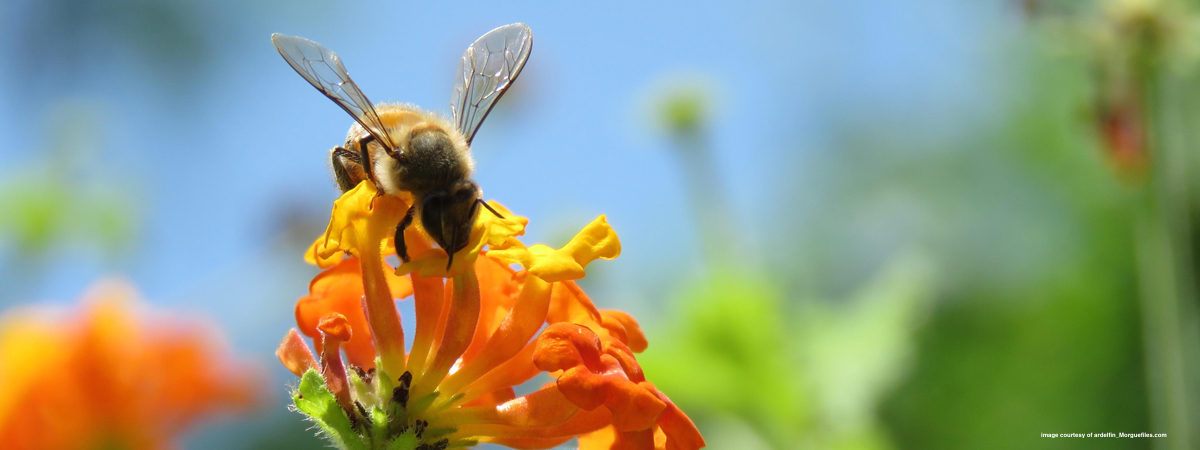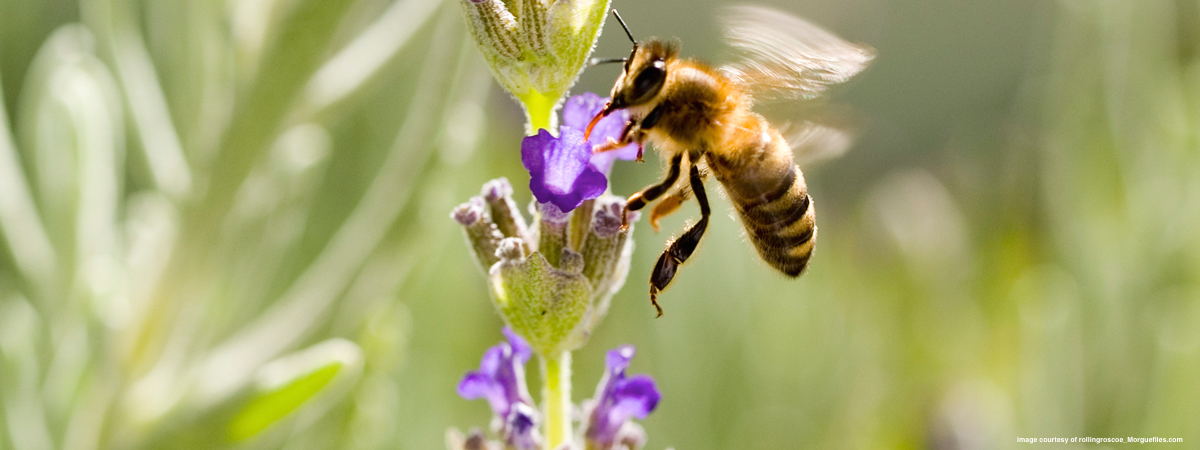Scientific Research and Publications about RED Propolis
To stay up to date with the latest Propolis research posts, follow our Propolis Science facebook page facebook.com/PropolisScience.
• Red propolis could be used to treat schistosomiasis.
• The photoprotective and anti-inflammatory activity of red propolis extract in rats.
• Brazilian red propolis improves cutaneous wound healing suppressing inflammation-associated transcription factor NFκB.
• A pharmacological perspective on the use of Brazilian Red Propolis and its isolated compounds against human diseases.*
• A pharmacological perspective on the use of Brazilian Red Propolis and its isolated compounds against human diseases.*
• Hydroalcoholic extract of Brazilian red propolis exerts protective effects on acetic acid-induced ulcerative colitis in a rodent model.Hydroalcoholic extract of Brazilian red propolis exerts protective effects on acetic acid-induced ulcerative colitis in a rodent model.
• Chemical composition, immunostimulatory, cytotoxic and antiparasitic activities of the essential oil from Brazilian red propolis.*
• Polymeric Nanoparticles of Brazilian Red Propolis Extract: Preparation, Characterization, Antioxidant and Leishmanicidal Activity.*
• Brazilian Red Propolis: Legitimate Name of the Plant Resin Source *
• In vitro evaluation of the acquisition of resistance, antifungal activity and synergism of Brazilian red propolis with antifungal drugs on Candida spp.*
• Evaluation of bioactive compounds potential and antioxidant activity of brown, green and red propolis from Brazilian northeast region.*
• Main pathways of action of Brazilian red propolis on the modulation of neutrophils migration in the inflammatory process.*
• Chemical and microbiological characterization of tinctures and microcapsules loaded with Brazilian red propolis extract*
• The use of Brazilian propolis for discovery and development of novel anti-inflammatory drugs*
• Red propolis: Chemical composition and pharmacological activity*
• Antitumor activity of Brazilian red propolis fractions against Hep-2 cancer cell line.*
• Brazilian red propolis effects on peritoneal macrophage activity: nitric oxide, cell viability, pro-inflammatory cytokines and gene expression.*
• Brazilian red propolis improves cutaneous wound healing suppressing inflammation-associated transcription factor NFκB.*
• Chemical markers and antifungal activity of red propolis from Sergipe, Brazil*
• Synergic effect of associated green, red and brown Brazilian propolis extract onto Streptococcus mutans and Streptococcus sanguinis*
• Neovestitol, an isoflavonoid isolated from Brazilian red propolis, reduces acute and chronic inflammation: involvement of nitric oxide and IL-6.*
• Hydroalcoholic extract of Brazilian red propolis exerts protective effects on acetic acid-induced ulcerative colitis in a rodent model.*
• Antimicrobial and cytotoxic activity of red propolis: an alert for its safe use.*
• Inhibition of DMBA-induced Oral Squamous Cells Carcinoma Growth by Brazilian Red Propolis in Rodent Model*
• The effect of seasons on Brazilian red propolis and its botanical source: chemical composition and antibacterial activity.*
• Inhibition of DMBA-induced Oral Squamous Cells Carcinoma Growth by Brazilian Red Propolis in Rodent Model*
• The effect of seasons on Brazilian red propolis and its botanical source: chemical composition and antibacterial activity.*
• Vestitol Isolated from Brazilian Red Propolis Inhibits Neutrophils Migration in the Inflammatory Process: Elucidation of the Mechanism of Action.
• Brazilian red propolis: phytochemical screening, antioxidant activity and effect against cancer cells.*
• Brazilian Red Propolis Attenuates Inflammatory Signaling Cascade in LPS-Activated Macrophages.*
• Chemical Composition and Biological Activity of Extracts Obtained by Supercritical Extraction and Ethanolic Extraction of Brown, Green and Red Propolis Derived from Different Geographic Regions in Brazil.* – PDF Available
• Brazilian Red Propolis Attenuates Inflammatory Signaling Cascade in LPS-Activated Macrophages.* – PDF Available
• Cuban and Brazilian red propolis: botanical origin and comparative analysis by high-performance liquid chromatography-photodiode array detection/electrospray ionization tandem mass spectrometry.*
• Vestitol Isolated from Brazilian Red Propolis Inhibits Neutrophils Migration in the Inflammatory Process: Elucidation of the Mechanism of Action.*
• Isoflavone formononetin from red propolis acts as a fungicide against Candida sp.* – PDF Available
• A pharmacological perspective on the use of Brazilian Red Propolis and its isolated compounds against human diseases.
• Effect of neovestitol–vestitol containing Brazilian red propolis on accumulation of biofilm in vitro and development of dental caries in vivo.*
• Comparative antiproliferation of human prostate cancer cells by ethanolic extracts of two groups of Brazilian propolis.*
• Inhibition of Saccharomyces cerevisiae Pdr5p by a natural compound extracted from Brazilian Red Propolis.*
• Isolation and analysis of bioactive isoflavonoids and chalcone from a new type of Brazilian propolis.*
• Brazilian Propolis: Correlation Between Chemical Composition and Antimicrobial Activity.*
• Evaluation of Biological Activities and Physicochemical Properties of a New Type of Brazilian Propolis.*
• Effect of Bovine Type-I Collagen-Based Films Containing Red Propolis on Dermal Wound Healing in Rodent Model.*
• Chemical characterization, antioxidant and cytotoxic activities of Brazilian red propolis.*
• Ethanol extract of Brazilian red propolis induces apoptosis in human breast cancer MCF-7 cells through endoplasmic reticulum stress.*
• Anti-Inflammatory and Antimicrobial Evaluation of Neovestitol and Vestitol Isolated from Brazilian Red Propolis.*
• Constituents of Brazilian red propolis and their preferential cytotoxic activity against human pancreatic – PANC-1 cancer cell line in nutrient-deprived condition.*
• Comparison of Effects of the Ethanolic Extracts of Brazilian Propolis on Human Leukemic Cells As Assessed with the MTT Assay.*
• Potential Utility Of Hyperbaric Oxygen Therapy And Propolis In Enhancing The Leishmanicidal Activity Of Glucantime.*
• Suppression of Hypoxia-Inducible Factor-1 a Contributes to the Antiangiogenic Activity of Red Propolis Polyphenols in Human Endothelial Cells1–3.*
• Ethanolic extracts of Brazilian red propolis promote adipocyte differentiation through PPARγ activation.*
• Ethanolic extracts of Brazilian red propolis increase ABCA1 expression and promote cholesterol efflux from THP-1 macrophages.*
• Anti-atherogenic and anti-angiogenic activities of polyphenols from propolis.*
• Chemical Composition and Botanical Origin of Red Propolis, a New Type of Brazilian Propolis.*
• Evaluation of allergens in propolis by ultra‐performance liquid chromatography/tandem mass spectrometry.*
• Chemical composition and biological activity of a new type of Brazilian propolis: red propolis.*
• Cytotoxic constituents from Brazilian red propolis and their structure-activity relationship.*
• Brazilian red propolis: unreported substances, antioxidant and antimicrobial activities.*
• Bioactive constituents of brazilian red propolis.*
• Effects of Brazilian propolis on Leishmania amazonensis.*
• Trichophyton species susceptibility to green and red propolis from Brazil.*
• Brazilian red propolis: phytochemical screening, antioxidant activity and effect against cancer cells.* – PDF Available
• Brazilian red propolis attenuates hypertension and renal damage in 5/6 renal ablation model.* – PDF Available
• Brazilian red propolis induces apoptosis-like cell death and decreases migration potential in bladder cancer cells.* – PDF Available
• Modulatory activity of Brazilian red propolis on chemically induced dermal carcinogenesis.* – PDF Available
• The effects of Malaysian propolis and Brazilian red propolis on connective tissue fibroblasts in the wound healing process.* – PDF Available
• Bee products prevent VEGF-induced angiogenesis in human umbilical vein endothelial cells. – PDF Available
_________________________________________________________________
Scientific Research and Publications about Bee Propolis
Propolis Science information is here to provide you with easy access to research and scientific papers regarding bee propolis. You will find work from respected institutions related to bee propolis in general and also specific types of bee propolis. The information mentioned here is not offered as specific medical advice for any individual and is not intended to be used for self-diagnosis or treatment. This content should not substitute for medical advice from a health professional. Always consult your healthcare practitioner regarding any health or medical conditions.
* THESE STATEMENTS HAVE NOT BEEN EVALUATED BY THE FOOD AND DRUG ADMINISTRATION. THIS IS NOT INTENDED TO DIAGNOSE, TREAT CURE OR PREVENT ANY DISEASE.




